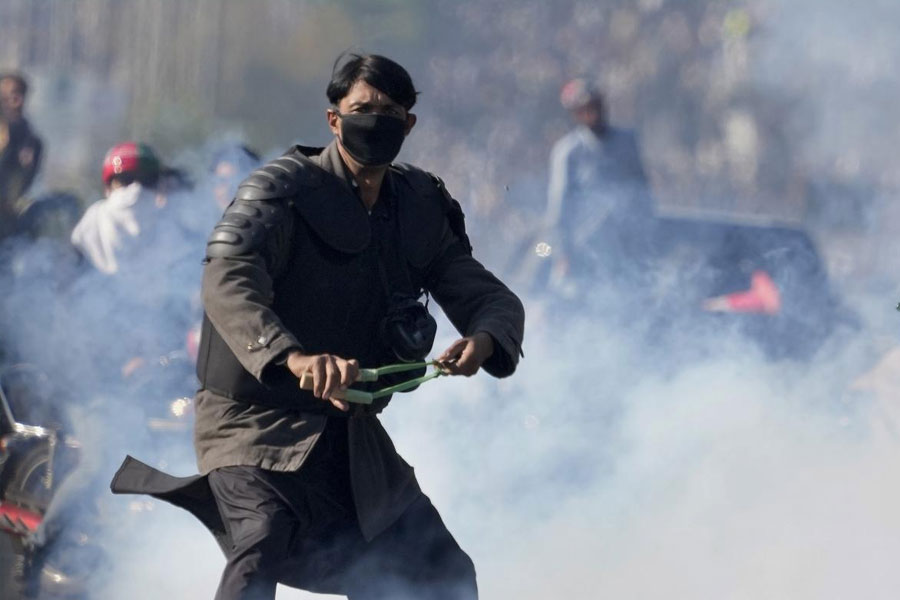More than two-thirds of the engineering seats in Bengal remained vacant after the end of the centralised counselling held by the joint entrance examination board, the figure exposing the fall in demand for the once coveted courses.
Sources in the board said that of the 32,700 seats, a little over 10,000 were taken up during the three-phase centralised counselling that ended on July 20.
Middle-rung engineering colleges have borne the brunt as students are becoming more and more selective in choosing institutions.
Last year, 16,000 seats had remained vacant. This year, the figure shot up to 22,700.
An official of the Maulana Abul Kalam Azad University of Technology, to which all private engineering colleges are affiliated, said the empty seats were mostly in the civil, mechanical and automobile engineering courses.
Anupam Basu, who was chairman of the All India Council for Technical Education’s syllabus revision committee on computer science, said: “The crisis has hit middle-rung colleges, across all disciplines, because they are yet to realise that BTech aspirants these days take a decision on enrolment after studying the prospects of a particular programme.”
Lack of good teachers and absence of infrastructure and placement on many campuses have taken the sheen off the engineering courses, teachers associated with engineering education said.
“Gone are the days when a college could hope that the term ‘BTech’ was enough to attract students. Students are much more informed these days. They keep themselves updated about the quality of the faculty, details of the curriculum and placement records before investing in a course,” said Basu, who is also director of NIT Durgapur.
Students, he said, are keen on studying economics, law and sports medicine, among other subjects, which seem to have good job prospects.
What is also adding to the aversion to study engineering is the fact that the job prospect in general is not so bright across the country, Basu said.
“Students are preferring to study newer fields that may have good job prospects. Besides, you have to realise that we have more (engineering) seats than required,” he said.
The problem of number of seats outstripping the demand was flagged by Anil Sahasrabudhe, the chairman of the All India Council for Technical Education, the regulator of engineering education in the country.
“We had formed a committee last year involving experts from different domains for creating a perspective plan as far as engineering education is concerned. The committee said that today the number of colleges and the number of seats that are available are far more than what is required for our country,” Sahasrabudhe had told Metro on the sidelines of a programme held recently in the city.
Referring to the committee’s report, he had said there were 14 lakh engineering seats in the country but only around 10 lakh students were being admitted every year.
Saharsabudhe had also said if the colleges did not improve their standard, there would be more and more unemployed engineers.
On the need to improve the standard of education, Basu, who taught computer science and engineering at IIT Kharagpur before taking over as NIT Durgapur director, said the colleges should introduce more chapters on artificial intelligence, machine learning and data science.
“They have to introduce these chapters as open elective. And for that the colleges need to hire bright teachers,” Basu said.











